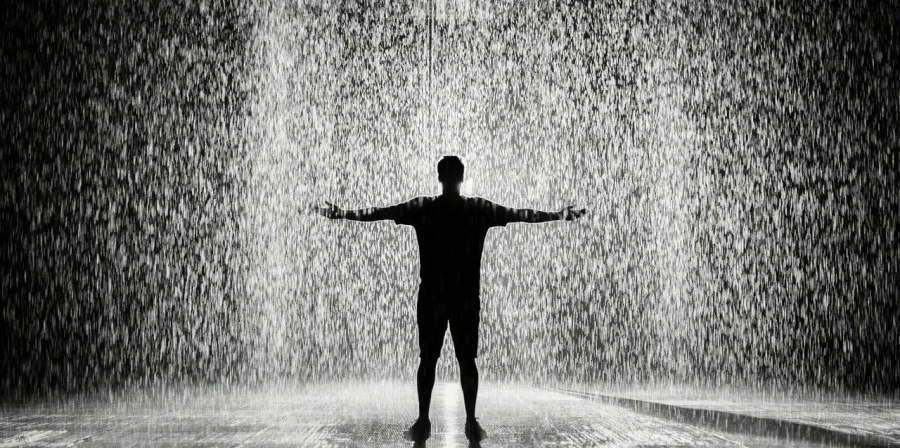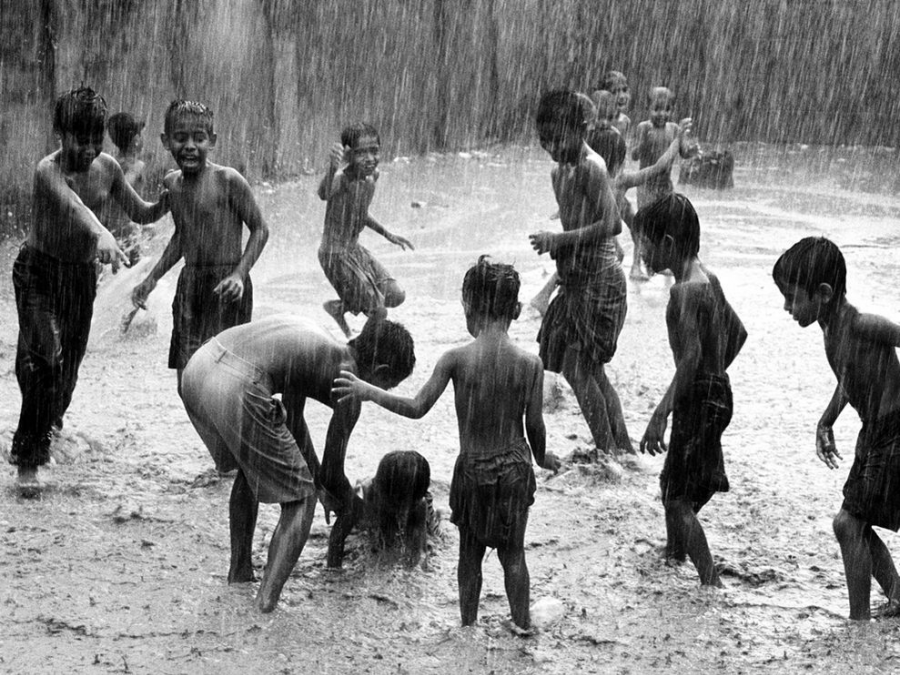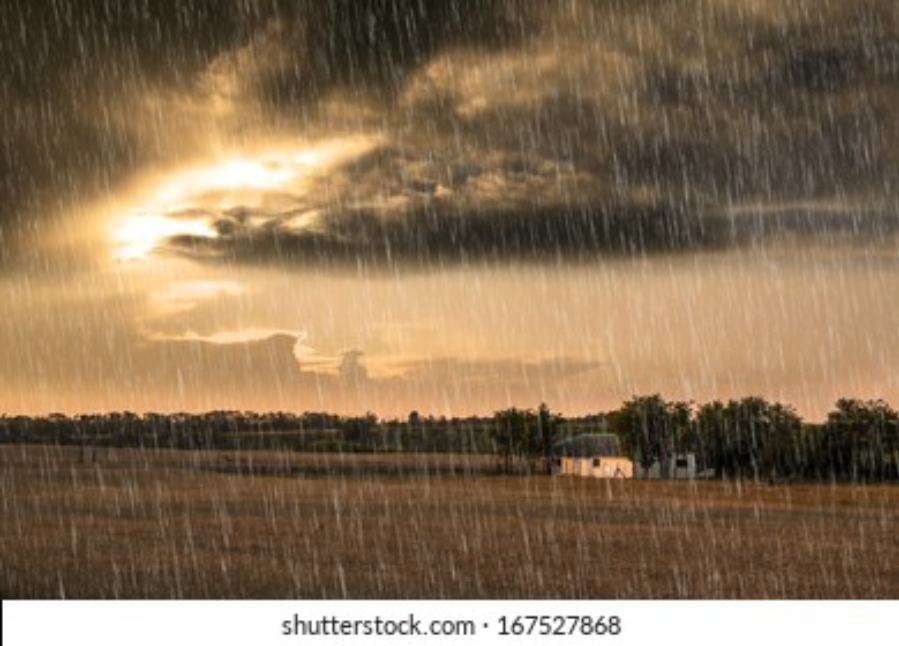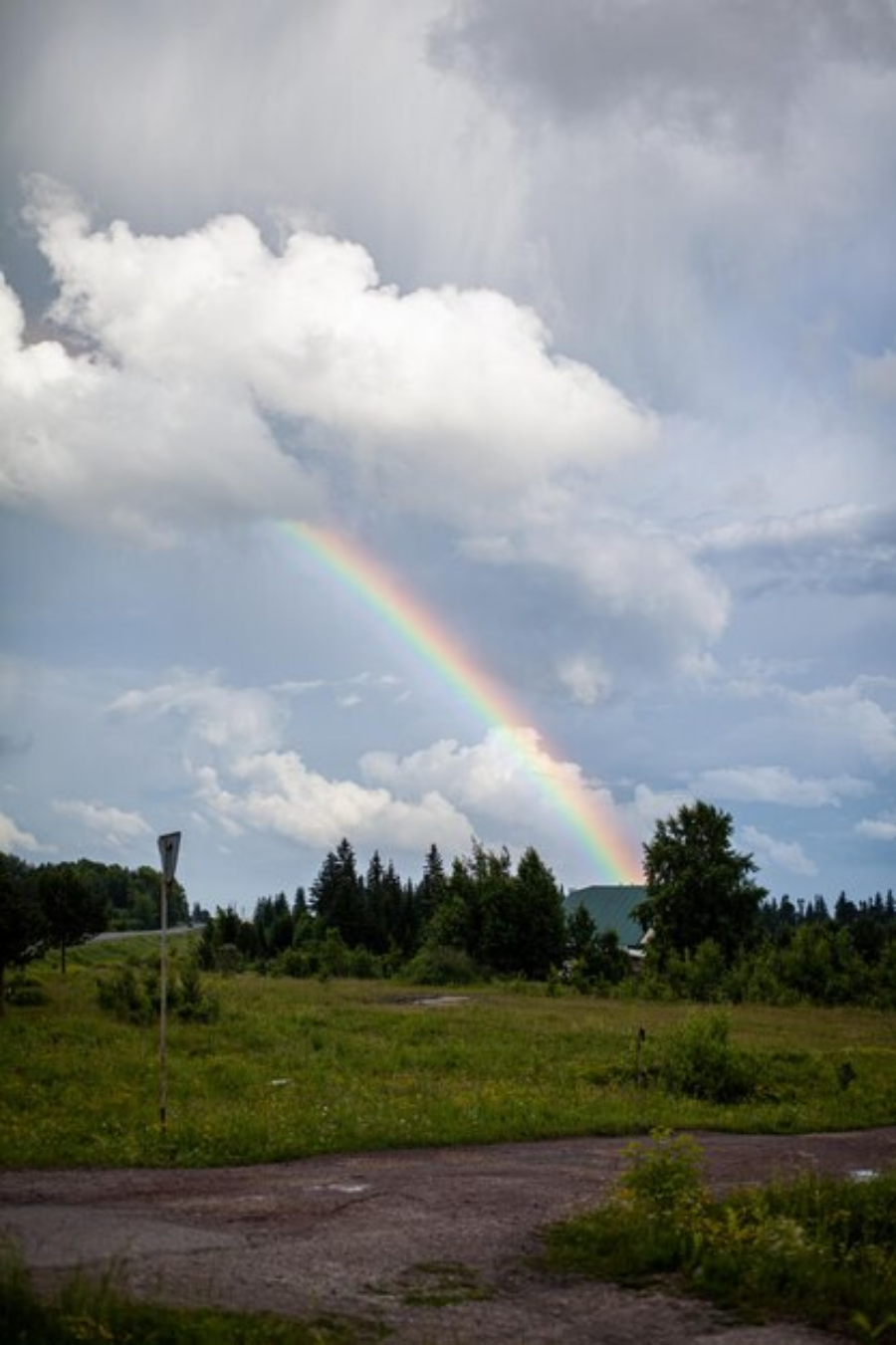

Rain is our planet's lifeblood. One of the most important elements of the ecosystem of our planet is rain. It is the main supply of freshwater, which is necessary for agriculture, human consumption, and the continuation of life on Earth. The water cycle, which causes water to evaporate from oceans, condense into clouds, and then return to the earth as precipitation, is what causes rainfall.
Advantages of Rain:
1. Resupplies Water Sources: Rain ensures a consistent supply of freshwater by filling lakes, rivers, and subsurface aquifers.
2. Nourishes Crops: Rainfall is essential to agriculture because it gives plants the water they need to develop and flourish.
3. Preserves Ecosystem Equilibrium: Rain keeps wetlands, woods, and wildlife habitats intact, which promotes biodiversity.
4. Modifies Climate: Rain aids in regulating Earth's temperature by averting excessive heat or cold.
Some folks prefer to stay indoors, sip hot cocoa, and enjoy the calming sound of the rain. Rainy days are when nature is refreshed and everything appears verdant and clean. It's the ideal day to curl up with a good book or hang out with loved ones. Every living thing on earth, including humans, animals, birds, plants, trees, and grasses, comes back to life during the rainy season. By becoming soaked in the raindrops, all living things relish the rainy season. Usually, when it rains, I head to the roof's top floor to get wet.Numerous studies have demonstrated that some repetitive, calming stimuli, like as music, rain, and other ambient sounds.

The Wetting of Rain The complicated process of rainfall is caused by the interaction of hydrological, terrestrial, and atmospheric elements. The wetting of surfaces is an important part of rainfall and has a big impact on how our environment is shaped. Wetting: What Is It? The process of a surface being wet—whether from irrigation, rainfall, or some other source—is known as wetting. When raindrops come into contact with a surface—such as soil, vegetation, or infrastructure—wetting takes place. 
Elements That Influence Wetting:
1. Surface Tension: The water's resistance to outside pressures, which affects the production and spreading of droplets.
2. Contact Angle: This indicates the amount of soaking by measuring the angle formed by the water droplet and the surface.
The ground after rain is a genuinely lovely place, filled with the aroma of damp dirt, the sound of trickling water, and the sight of brilliant colors. The rain cleans the dirt and dust from the landscape, bringing life and freshness to it.
1. Clear Air: The air is made clear and clean by rainfall.
2. Repleted Water Sources: Rain replenishes subterranean aquifers, lakes, and rivers, guaranteeing a consistent flow of freshwater.
3. Lush Vegetation: As a result of rain, plants flourish and produce vivid flowers and luxuriant foliage.
4. Better Mental Health: The peaceful sound of raindrops falling and the sight of landscapes covered in drips of water may be introspective and inspiring.
The Post-Rain World's Beauty



